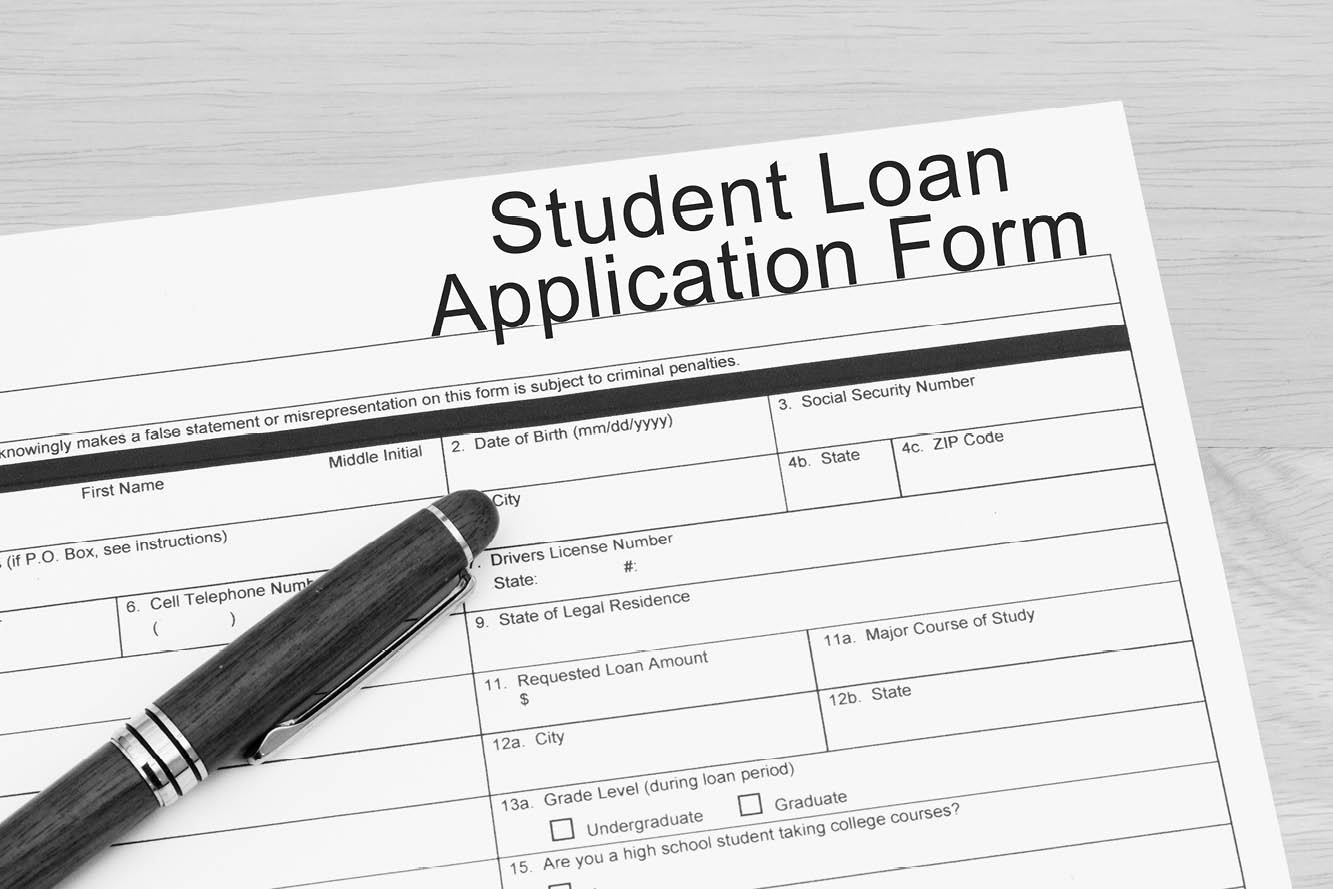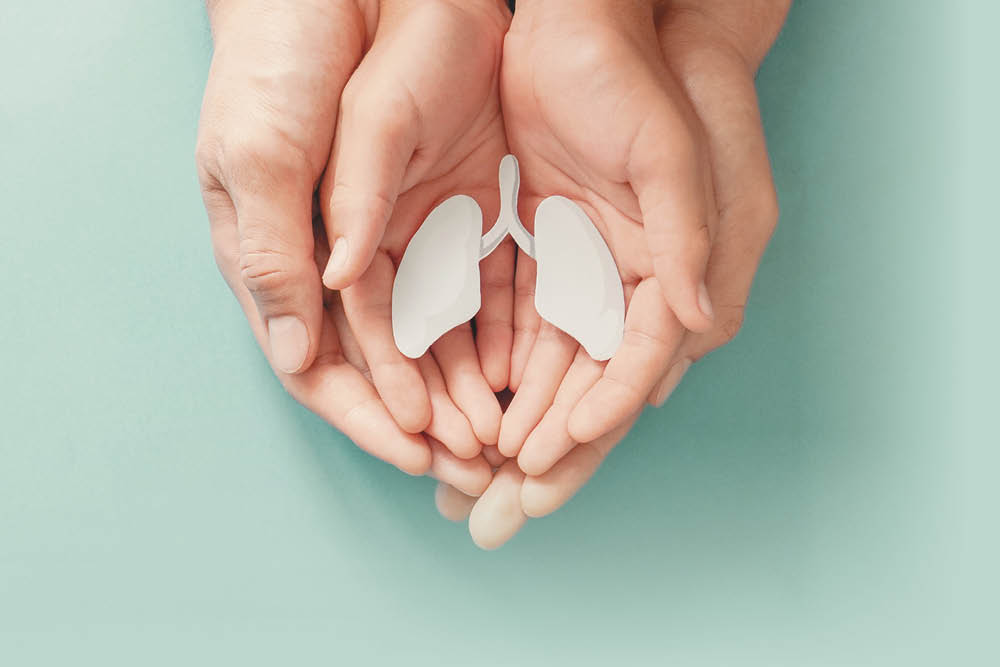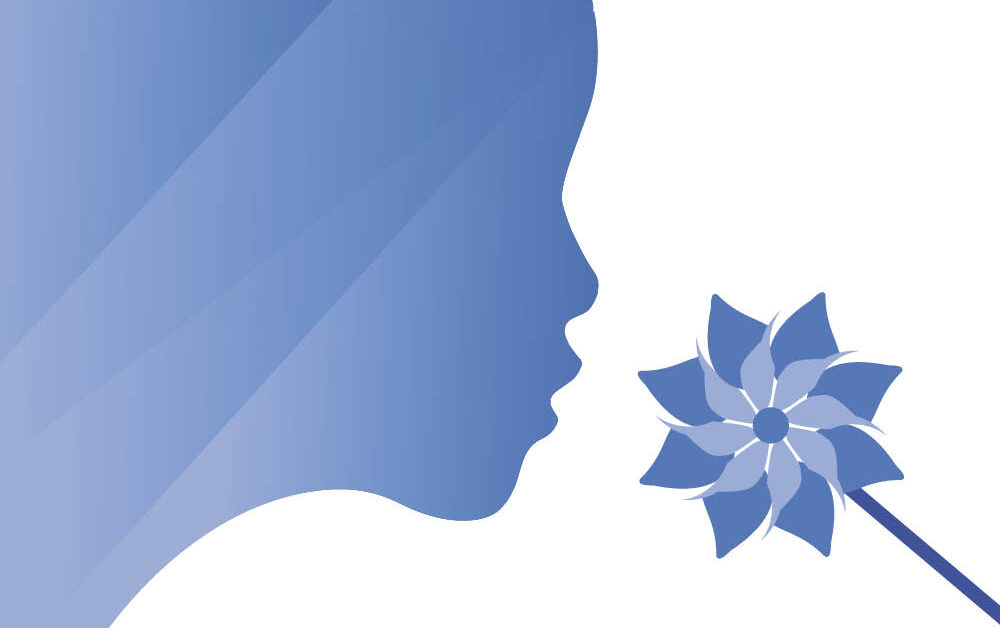
10 Things to Know Before You Take Out Student Loans
March 2021
The Gift of Life
April 2021Stand Up For Children
It shouldn’t hurt to be a child.
by Haley Armand Tarasiewicz
April is National Child Abuse Awareness and Prevention Month, an important time to start the conversation in our communities about how we can keep children safe, because every child has a right to a safe childhood.
The events of the last year—pandemic, hurricanes, ice storm, etc., have placed unprecedented stress on our children and families, such as loss of employment, loss of income due to lack of paid leave, school and business closings that necessitate new childcare and homeschool arrangement, and food insecurity. In addition, physical distancing leads to the unintended consequence of isolation. The social connections and community services and activities that serve as protective factors against child abuse and neglect under ordinary conditions may not exist in this extraordinary time of physical distancing. The risk to children for experiencing child abuse and neglect as the result of extreme stress and uncertainty is quite high in our region right now.
In 2020, the Children’s Advocacy Center (CAC), a division of Family & Youth Counseling Agency, conducted 489 interviews for 461 child victims in the Southwest Louisiana region, ages 0-17, for abuse allegations as follows. Of the 461 cases, 90 percent of the child victims know their abuser.
- 339 Sexual Abuse
- 150 Physical Abuse
- 10 Neglect
- 99 Witness to Crime
- 3 Human Trafficking
Established in 1996, the CAC brings together local law enforcement, the Department of Children & Family Services, the District Attorney’s Office, medical professionals, victim advocates, counselors and forensic interviewers as part of a Multidisciplinary Team to confer and conclude about the investigations, treatment and prosecution of child abuse cases. The primary goal is to minimize the level of trauma experienced, improve prosecution and provide efficient and thorough provision of necessary services to the child victim and their family. Interviews are initiated following referrals from area law enforcement and the Department of Children & Family Services.
“When most people think about abuse, they automatically assume sexual abuse, but abuse comes in many forms—physical, neglect, mental, verbal and emotional; abandonment, sexual exploitation and a lack of adequate supervision or any act or failure to act that presents an imminent risk or serious harm are also included,” said Erika Doshier, Vice President of Family & Youth. “In today’s technology-driven world, neglect is even more prevalent in terms of children not having boundaries on their electronic devices and becoming exposed to material or a person that leads to inappropriate thoughts or behavior, or dangerous situations. When this type of exposure happens, or any abuse for that matter, don’t pretend like it didn’t happen. It is important for parents and caregivers to address trauma to begin the healing to prevent further abuse later and generational cycles.”
Child abuse is a preventable problem, and all adults play a role in building a safe, stable and nurturing home and environment needed for the healthy development of our future generation of parents, leaders and community members. As a community, let’s work together to prevent child abuse, because childhood lasts a lifetime.
To file a report please contact your local law enforcement office or call the DCFS hotline at 1-855-4LA-kids if you suspect abuse in the home. To schedule a prevention presentation—for youth and adult groups, please contact Miranda Booth, Children’s Advocacy Center Coordinator at 337-436-9533 or miranda@fyca.org. For more information or to make a donation to Back the Mission of the CAC and Family & Youth, please visit their website: www.fyca.org.
So, what can you do to help protect your children? Doshier offers the following advice.
Establish an appropriate language for body parts that are recognizable. This is crucial especially for younger children who may be reaching out for help, but the adult doesn’t realize they refer to their body part as a nickname.
Encourage them to understand their body is theirs. Reinforce the importance of boundaries and communicate what to do if they ever feel unsafe. Talk to your child about what’s safe and things that may make them feel unsafe, and should they ever feel unsafe instruct them to tell a trusted adult, think “know and tell.”
Discuss who are safe people—in all situations—at home, school, a friend’s house, etc. This should be a regular conversation, especially as children get older.
Be a helicopter parent when it comes to technological devices. Look at what they are looking at, set parameters, consider a technology curfew, screen-time limit, etc. Now, with virtual learning in place, especially if you are a working parent of a teenager who is home alone, consider face-time check-ins with them to keep an open line of communication.
Review the old “hands to yourself” policy and remind them that is goes both ways. They should keep their hands to themselves, but also their friends need to keep their hands to their selves too. Your child’s body is their body and they should protect it.
About the Children’s Advocacy Center
The Children’s Advocacy Center is a child-friendly facility designed to coordinate services for children who have been abused. Designed and managed to reduce the effects of trauma, the CAC’s comfortable environment and well-trained staff work together with area prosecutors, law enforcement agents, social service workers, therapists, victim advocates and medical professionals to investigate child abuse allegations and reduce the number of investigative interviews typically experienced by victims.
About Family & Youth Counseling Agency
Family & Youth Counseling was established as a nonprofit organization in 1970 to provide affordable and professional support through programs and services dedicated to advocacy, counseling and education for the people of Southwest Louisiana. It is the belief of Family & Youth that all individuals possess the ability to solve their own challenges and live full and healthy lives when support is available.






